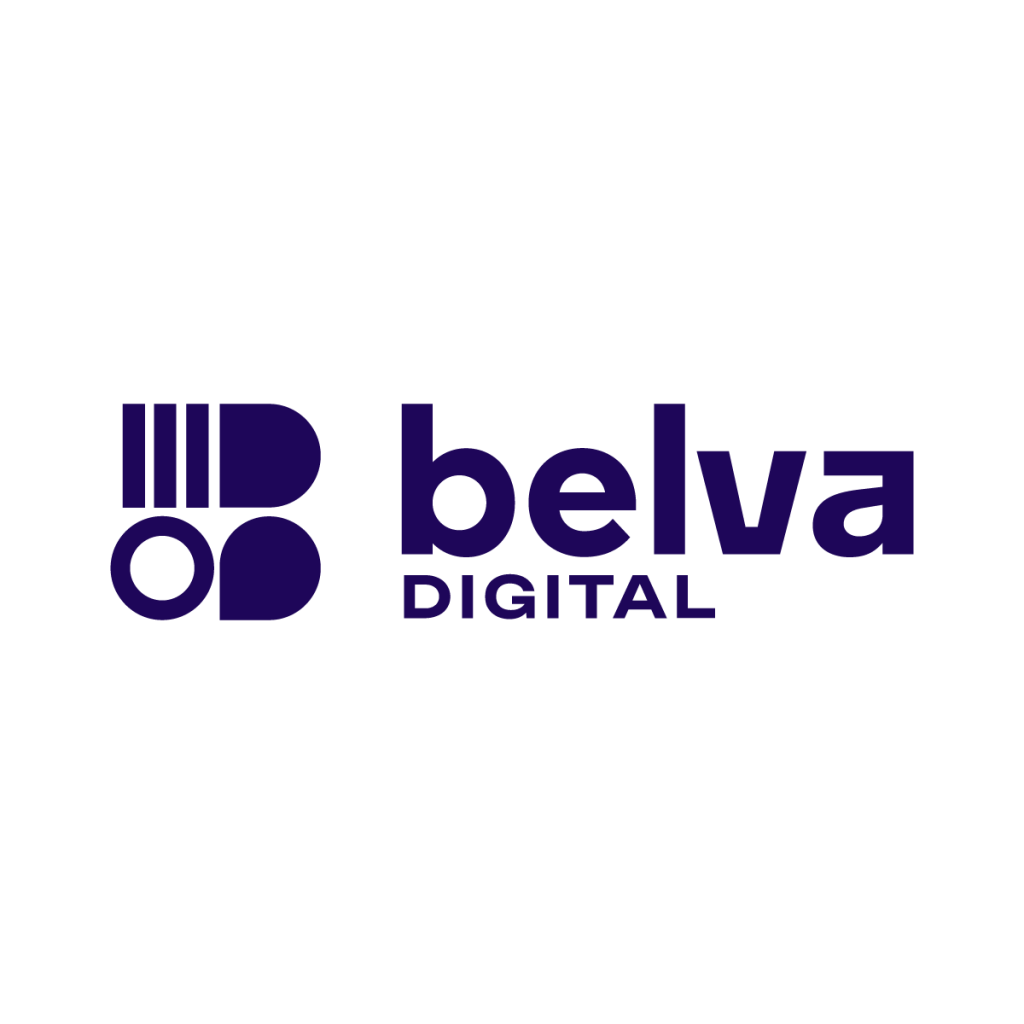If there is one thing that the Covid 19 pandemic has taught us, it is that the present and the future is in digital.
An online survey conducted by Belva Digital in association with the Ugandan Marketers Society (UMS) shows that whereas Ugandan marketers have embraced digital marketing, there are still some challenges being faced especially at the organizational level.
Here are six key points that the survey revealed and our recommendations to help marketers cope.
#1. Spends on digital marketing are still low
Despite the fact that more than 22 million Ugandans are now on the internet according to the Uganda Communications Commission, there’s relatively lower prioritization of digital marketing amongst most organizations.
58% of the surveyed were mid to large organizations with revenues of between USD $1 million and more than $10 million. The rest (42%) represent businesses with a turnover of less than USD $1 million per year.
About 55.3% of the surveyed respondents are spending less than 5% of their marketing budget on digital channels, and 23.6% indicated that it’s more than 30% of that, from this 11% are confidently spending more than 50% of their marketing budgets on digital.
Figure 1: Survey response on budget allocation to digital marketing against total marketing budget

Source: The State Of Digital Marketing Survey by Belva Digital
#2. The big are investing more, while the small seem uncertain about digital
Big organizations continue to spend a larger amount of their revenue on marketing while SMEs are tightly holding their wallets close to their pockets. 51% of businesses are spending less than 5% of their annual revenue on marketing, and only about 15% are spending more than 10% of annual revenue on marketing.
This points to a lack of understanding and capacity to carry out and measure the value of marketing. There is a need to develop a correlation between marketing spend and revenue growth, this will unlock more budgets and more growth for organizations.
#3. Key priorities for marketers are customer acquisition and brand awareness
The poll revealed that 48% of marketers are more interested in marketing efforts that will translate to customer acquisition and increase their revenue while 31% mentioned their focus is on brand awareness.
As we come out of the COVID pandemic, we expect more brands to invest in quick wins to enable business sustainability. Marketing is no longer an expense center but a revenue generator and that will continue to be the case as brands pursue value from their marketing efforts.
Figure 2: Survey response on marketers’ prioritization this year

Source: The State Of Digital Marketing Survey by Belva Digital
#4. TikTok is here to stay
If you thought that Tiktok was all about some funny memes of the Ghanaian coffin dancers or some funny rendition of Amapiano’s Woza, think again.
From the online poll, 56% of the participants felt that TikTok is great for brands and should therefore not be ignored.
According to appfigures.com, TikTok is the 11th most popular app in Uganda while WhatsApp sits 6th and Facebook 10th. It’s important for marketers to prepare for the next generation of consumers (Gen Z) who’ve shifted from traditional social media platforms such as Facebook to emerging ones such as Snapchat and Tiktok.
#5. Hybrid is the way to go compared to sticking to just in-house or outsourcing marketing talent
Priorities and budgets are pushing organizations to adopt a hybrid system of in-house and agency partners. In Uganda, we noted that businesses are more likely to in-house social media, paid ads and outsource to agencies partners (including freelancers) to work on websites, creative production, SEO, and influencer marketing.
We expect this trend to continue in the coming years as agencies continue to support brands to drive operational efficiencies in a cost-effective way.
#6. The target audience should determine your digital ad spend
Marketers will want to meet their target audience where they currently are. And this should determine budget allocations on digital marketing.
When the audience was polled, it pointed out that the MD and Chairman (the executive team), still plays a key role in budget determination. This can lead to mis-prioritization and thus poor results from marketing efforts.
The report encourages marketers to be data-led when budget planning and to measure their marketing efforts to be in a position to justify spending.
In a discussion that followed after the release of the report, the experts argued that there is a need for capacity building for marketing officers so that they know the value that digital marketing has to play in business growth post the pandemic.
You can watch a video of the event as it happened at the Golden Tulip Hotel, Kampala.









